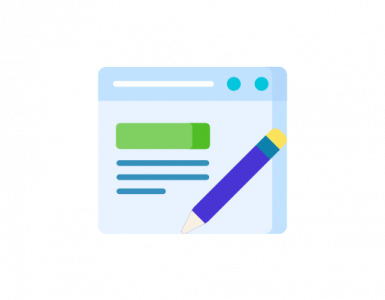The world of software testing is rapidly changing. Manual testers are faced with a huge dilemma, what should they do? It used to be that a manual tester was in high demand. While that is still somewhat true, the importance is shifting to the role of a QA Engineer.
QA Engineers who have programming skills are hot jobs in the IT industry. Combining the technical aspect of programming with a strong desire to ensure software is high quality, are a potent blend. If you are currently a manual tester you need to gain additional skills in becoming a QA Engineer. Here are a few skills you need to learn:
- Programming. It is important that QA Engineers learn how to program. The programming language is not as important as the ability to understand logic and how programs are structured. Languages such as Java, VB, PHP and .Net are good ones to learn.
- SQL. It is important to learn SQL. You could learn Oracle, SQL Server, or MySQL. It is important for the QA Engineer to understand database structures and how data is pulled from databases.
- Agile. It will be necessary to have significant experience with the Agile methodology since most companies are moving this way.
- Shift Left: Move as close as you can to the left. This will ensure you find more defects sooner in the lifecycle. Build automated sanity tests to ensure that the environment is operational and ready for testing.
- Performance. If you are looking to specialize, consider performance testing. This is a critical area. In order to understand system performance you need to gain additional knowledge regarding memory, cpu, load balancing, and databases in order to better perform system analysis to help developers identify performance bottlenecks.
If you are unable to receive the training at work, check with your local community college or take online courses to gain the skills that you need to stay competitive with your peers and help you land your next job. You will be glad you did!
If you would like more information on Agile, DevOps or Software Testing, please visit my Software Testing Blog or my Software Testing YouTube Channel.


